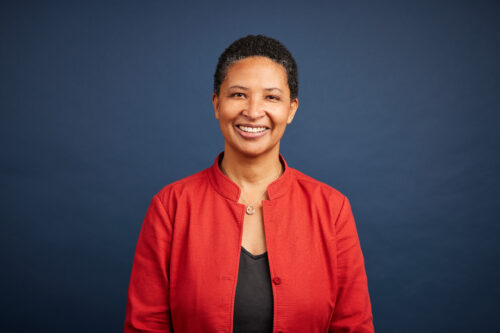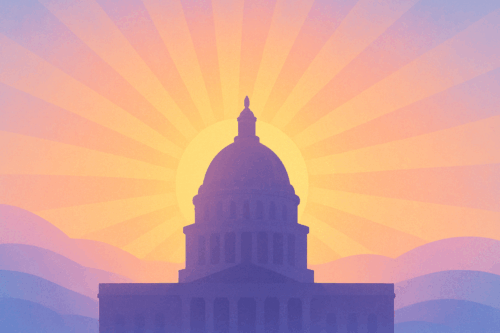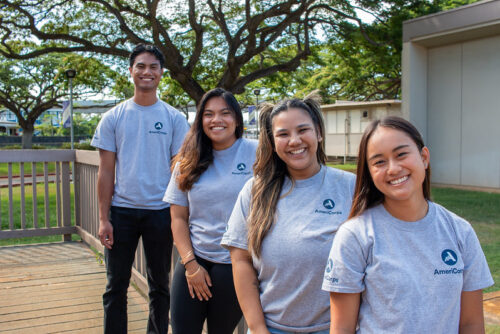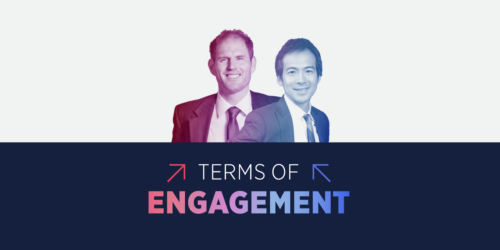Broadly speaking, I think many would agree that we are living in an illiberal age. What do I mean by that? To begin with, we are living through moments of shocking political violence. Last week brought the terrible assassination of Charlie Kirk.
The statistics on this are sobering. According to a Wall Street Journal article, the idea that violence is never an acceptable response to speech has fallen away across generations. “While 93% of baby boomers and 86% of Generation X say violence is never acceptable, only 71% of millennials and 58% of Generation Z do. And, there’s no meaningful difference between the attitudes of 18- to 26-year-olds who are and who aren’t enrolled in college.”
Illiberalism manifests itself in other ways, as well. Political institutions, in this country and abroad, are routinely being used to override constitutional structures and protections—whether that is the erosion of a free press in Hungary, the battle over the independence of the judiciary in Israel, or the violations of due process and first amendment rights in the United States. The institutions of constitutional democracy were designed to protect rights, yet illiberalism rejects precisely that protection—seeking to orient institutions instead toward protections of national culture or traditional ways of life even at the expense of the erosion of rights protections. We also see failures of toleration on both the left and the right: cancel culture on one side, threats and hostility toward those who “do not look or live” the same way on the other. The result is a stew of illiberalism with multiple causes.
Economics is one root cause. In the wake of the fall of the Soviet Union, the neoliberal economic policies of the 1990s and early 2000s have produced a new gilded age in which the benefits of productivity flow overwhelmingly to the few. Despite an economic boom in the 1990s from a peace dividend, in the period from 1989 to the present, the middle class in the U.S. has been hollowed out, the connective tissue of society eroded, resentment and alienation stoked.
Technology and new forms of communication add to this mix, accelerating toxicity. But beyond that, they also undermine the very premises on which constitutional institutions were designed. The framers of the U.S. Constitution expected geographic dispersal to check factionalism and extreme ideas. Today, technology dissolves such barriers, leaving representative institutions fragile and brittle, unable to function as intended.
Migration is another factor. The economic shifts of the post–Cold War era have driven historically unprecedented rates of human movement across the globe. This is profoundly destabilizing, creating strain both in societies receiving migrants and in those losing people to brain drain, while fueling violence and instability in multiple regions.
There is, however, one additional cause of illiberalism that I emphasize in my own work: policymakers’ failure over time to maintain genuine popular participation in decision-making and to keep people connected to anchor institutions. When institutions are perceived as belonging to small elites—whether corporate or technocratic—rather than the people, economic policy, technology policy, and social policy all go wrong. This disconnect undermines legitimacy, weakens information flows, and erodes respect for human dignity.
My work has therefore centered on renewing the participatory dimension of liberalism. Liberalism is not only about protecting negative liberties—the rights of expression, conscience, and religion. Those rights are vital, but insufficient. Equally essential are the rights of participation. Decades of technocratic policymaking have eroded those rights. To repair this, we need what I call power-sharing liberalism: institutions, policymaking, and civil society organized around intentional sharing of power.
In practical terms, this means democracy renovation. Democratic institutions must function, but more than that, they must serve the good of the people. Aristotle observed that any just regime—whether rule of the one, the few, or the many—has as its end the benefit of the people. Democracy is the best of these regimes because it empowers individuals, enabling both individual flourishing and the flourishing of the whole. Democracy, therefore, cannot be reduced to procedure. It must secure the safety, happiness, and flourishing of the people.
Democracy renovation thus entails reforming political economy to serve the many, not elite interests; developing technology under a plurality framework that respects diverse human intelligence and pluralistic communities; and strengthening civil society to support bridging and connecting relationships across lines of difference, grounded in human dignity and pluralism.
The concept of power-sharing may seem modest, but small shifts in orientation can have large effects. Just as turning an ocean liner by a single degree will eventually place it in an entirely different location, embedding power-sharing in institutions can ultimately transform political economy, technology, and social life.
This is why in my work I link civic education and institutional reform. Both the cultural and institutional dimensions of democracy must be healthy for democracy itself to flourish. Our lab has also sought to identify “exemplary policies” that embody this paradigm shift from technocratic or neoliberal models to power-sharing ones.
Two examples illustrate the point. First, in Utah, Governor Spencer Cox signed the Utah Digital Choice Act. This law gives users ownership of their digital data, requiring portability and interoperability. It shifts power from tech companies to the people who use their platforms. Each such shift is a small turn of the ocean liner, reorienting the economy toward broader empowerment.
Second, in Maryland, Governor Wes Moore launched the ENOUGH Initiative, modeled on Geoffrey Canada’s Harlem Children’s Zone. Communities form success planning councils that bring together schools, safety officials, health providers, parents, and others to plan comprehensively for young people’s futures. Instead of imposing blueprints, the initiative empowers communities themselves to design solutions. Again, this represents a shift of power—this time to the local level—enabling broad participation and holistic support.
The two examples—one from a Republican governor, one from a Democratic governor—demonstrate how the power-sharing paradigm can transcend partisan divides. Over the course of this year, I hope we will surface more such policies.
The tragic events of last week underscore the urgency of this work. We live in an age marked by violence and illiberalism. The purpose of my work—and of this lab—is to change that reality, by finding focal points for reform that can shift our institutions, culture, and practices toward democracy renovation and a renewed ethic of pluralism.
Danielle Allen is a James Bryant Conant University Professor at Harvard University. She is a professor of political philosophy, ethics, and public policy and director of the Democratic Knowledge Project and of the Allen Lab for Democracy Renovation. She is also a seasoned nonprofit leader, democracy advocate, national voice on AI and tech ethics, distinguished author, and mom.
The views expressed in this article are those of the author alone and do not necessarily represent the positions of the Ash Center or its affiliates.






